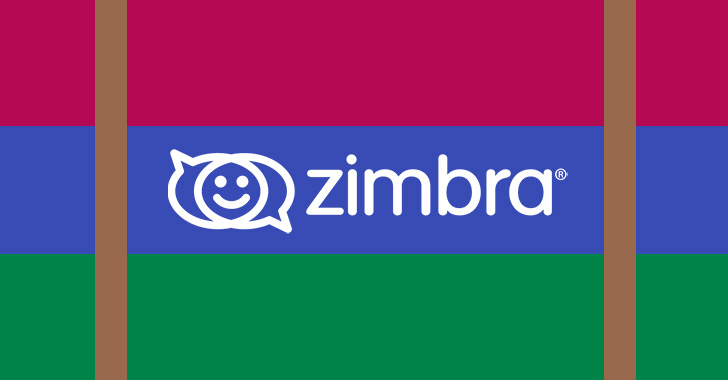A new security vulnerability has been disclosed in RARlab’s
UnRAR utility that, if successfully exploited, could permit a
remote attacker to execute arbitrary code on a system that relies
on the binary.
The flaw, assigned the identifier CVE-2022-30333, relates to a
path traversal vulnerability in the Unix versions of UnRAR that can
be triggered upon extracting a maliciously crafted RAR archive.
Following responsible disclosure on May 4, 2022, the shortcoming
was addressed by RarLab as part of version
6.12[1] released on May 6. Other
versions of the software, including those for Windows and Android
operating systems, are not impacted.
“An attacker is able to create files outside of the target
extraction directory when an application or victim user extracts an
untrusted archive,” SonarSource researcher Simon Scannell said[2]
in a Tuesday report. “If they can write to a known location, they
are likely to be able to leverage it in a way leading to the
execution of arbitrary commands on the system.”
It’s worth pointing out that any software that utilizes an
unpatched version of UnRAR to extract untrusted archives is
affected by the flaw.
This also includes Zimbra collaboration suite, wherein the
vulnerability could lead to pre-authenticated remote code execution
on a vulnerable instance, giving the attacker complete access to an
email server and even abuse it to access or overwrite other
internal resources within the organization’s network.
The vulnerability, at its heart, relates to a symbolic link[3]
attack in which a RAR archive is crafted such that it contains a
symlink that’s a mix of both forward slashes and backslashes (e.g.,
“..\..\..\tmp/shell”) so as to bypass current checks and extract it
outside of the expected directory.
More specifically, the weakness has to do with a function that’s
designed to convert backslashes (‘\’) to forward slashes (‘/’) so
that a RAR archive created on Windows can be extracted on a Unix
system, effectively altering the aforementioned symlink to
“../../../tmp/shell.”
By taking advantage of this behavior, an attacker can write
arbitrary files anywhere on the target filesystem, including
creating a JSP shell in Zimbra’s web directory and execute
malicious commands.
“The only requirement for this attack is that UnRAR is installed
on the server, which is expected as it is required for RAR archive
virus-scanning and spam-checking,” Scannell noted.
References
- ^
version
6.12 (www.rarlab.com) - ^
said
(blog.sonarsource.com) - ^
symbolic
link (en.wikipedia.org)
Read more https://thehackernews.com/2022/06/new-unrar-vulnerability-could-let.html


